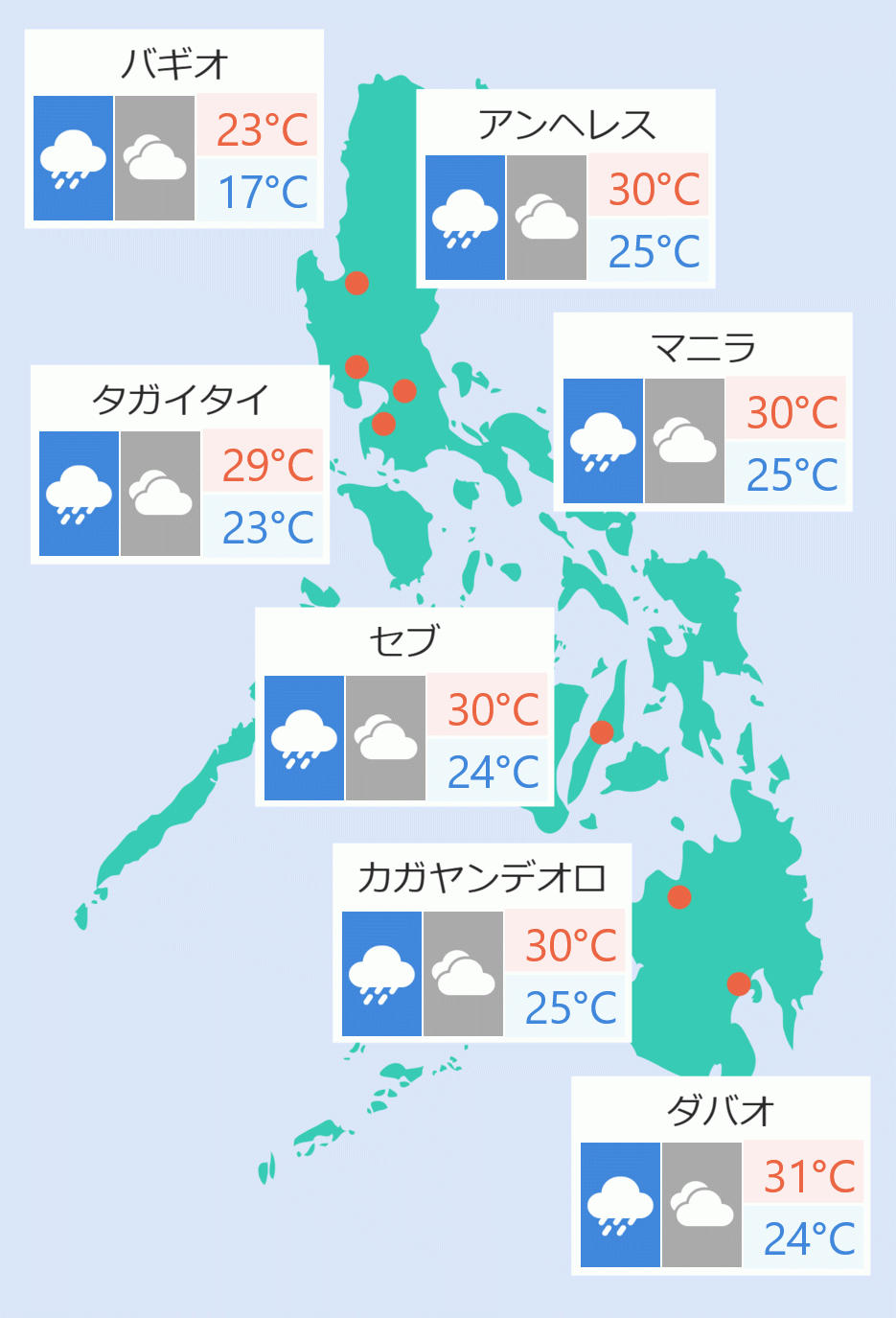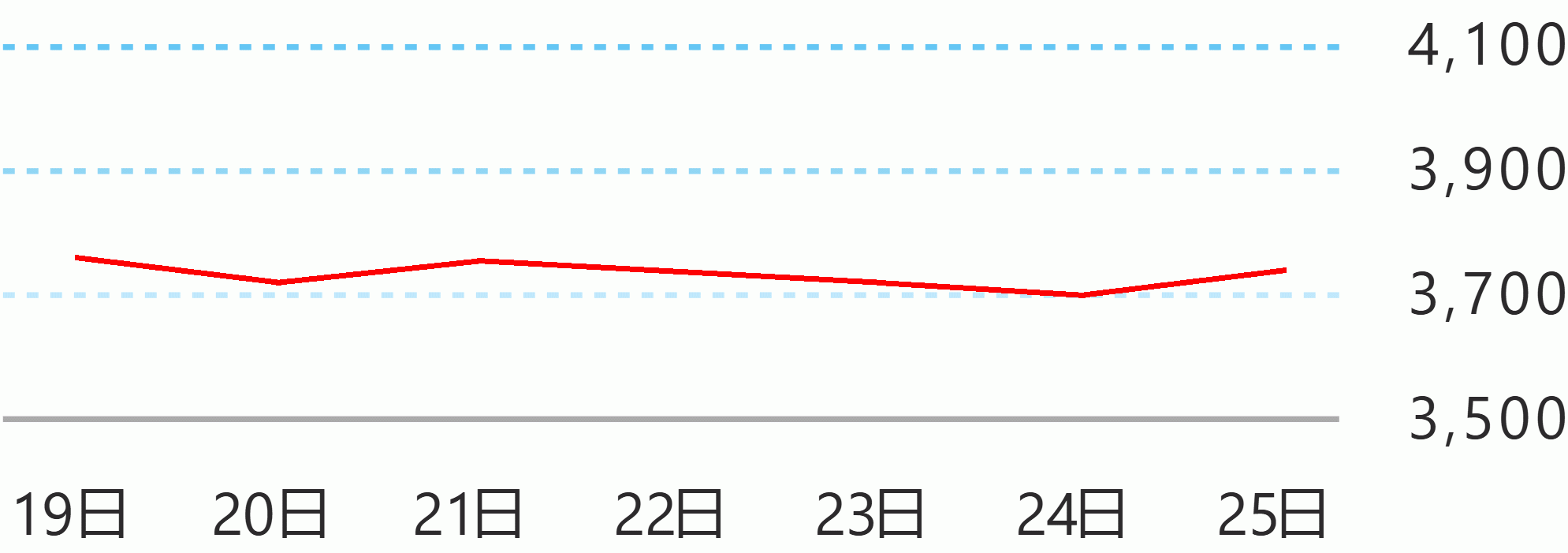The president and founder of a Manila-based think-tank expressed concern over the influx of Chinese students in a state university in Tuguegarao City.
In a radio interview, Chester Cabalza, president and founder of International Development and Security Cooperation and a professor at the University of the Philippines said he received information that the Chinese students are paying two million pesos to get their degree.
"Sometimes it becomes a milking cow. They do not attend but they get a degree... In Cagayan, foreign students are not new to us. There are Indians, South Koreans, so multinational students are coming to our province to study, especially in Tuguegarao because it is a university town, that is acceptable," he said.
Cabalza noted that the sudden influx of Chinese students is "dubious" considering the ongoing tension in the Taiwan Strait and the country's maritime issues with China.
"The influx of the Chinese citizen, which is now at 4,000 plus, especially in one university, is quite alarming. The data shows that amid the tensions in Taiwan Strait-- because we are very close to Taiwan--and at the same time we are hosting two (Enhanced Defense Cooperation Agreement) EDCA sites,'' he said.
''So the timing is dubious and it will make you wonder why all of a sudden you see all this influx of Chinese students," he said.
In a separate interview, Armed Forces of the Philippines (AFP) spokesperson Col. Francel Margareth Padilla said that the AFP is conducting an internal investigation related to the sudden influx of Chinese students in the province.
"We have an internal investigation that we are conducting. Of course, it's part of our mandate to protect the people and secure the state so we will make a way but of course these are operational matters that we cannot discuss," she said.
"The AFP is closely coordinating with all the other agencies involved in this matter," she added.
Padilla assured the security of EDCA sites in Cagayan which are established within the military camp.
"We have to take note that EDCA sites are inside military reservations, so because these are inside our camps then the necessary security protocols will also be in place so other people cannot just come and go. We are also fortifying our security within our camps," she said.
"We are vigilant. We are very proactive in these things. We are listening to the complaints and the AFP is always there to protect the people so that is our mandate that is our mission that we will perform," she added.
Cabalza is urging the national government to be aggressive in making the local government leaders understand the concept of "national sovereignty and national security."
He added that the education and immigration sectors should also be strict in screening and the requirements of foreign nationals or students. Robina Asido/DMS





 English
English









